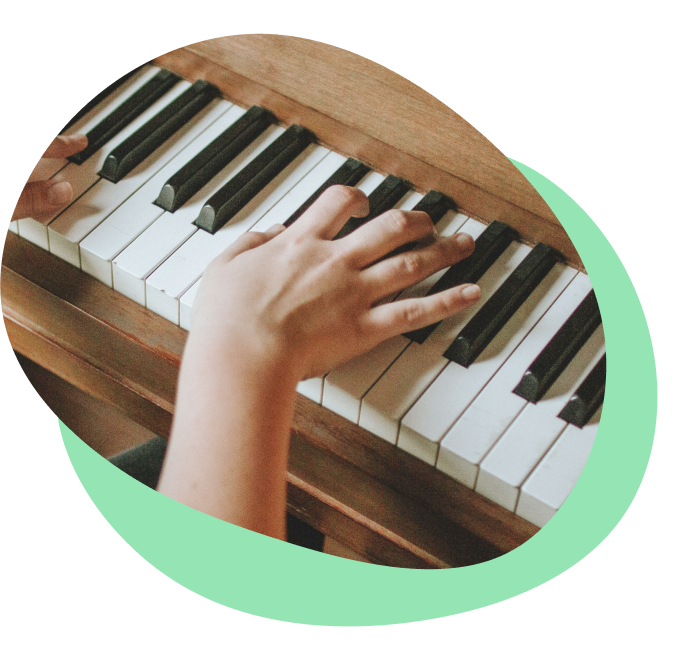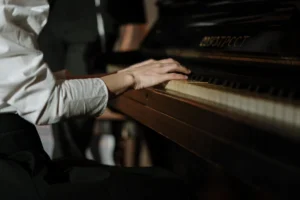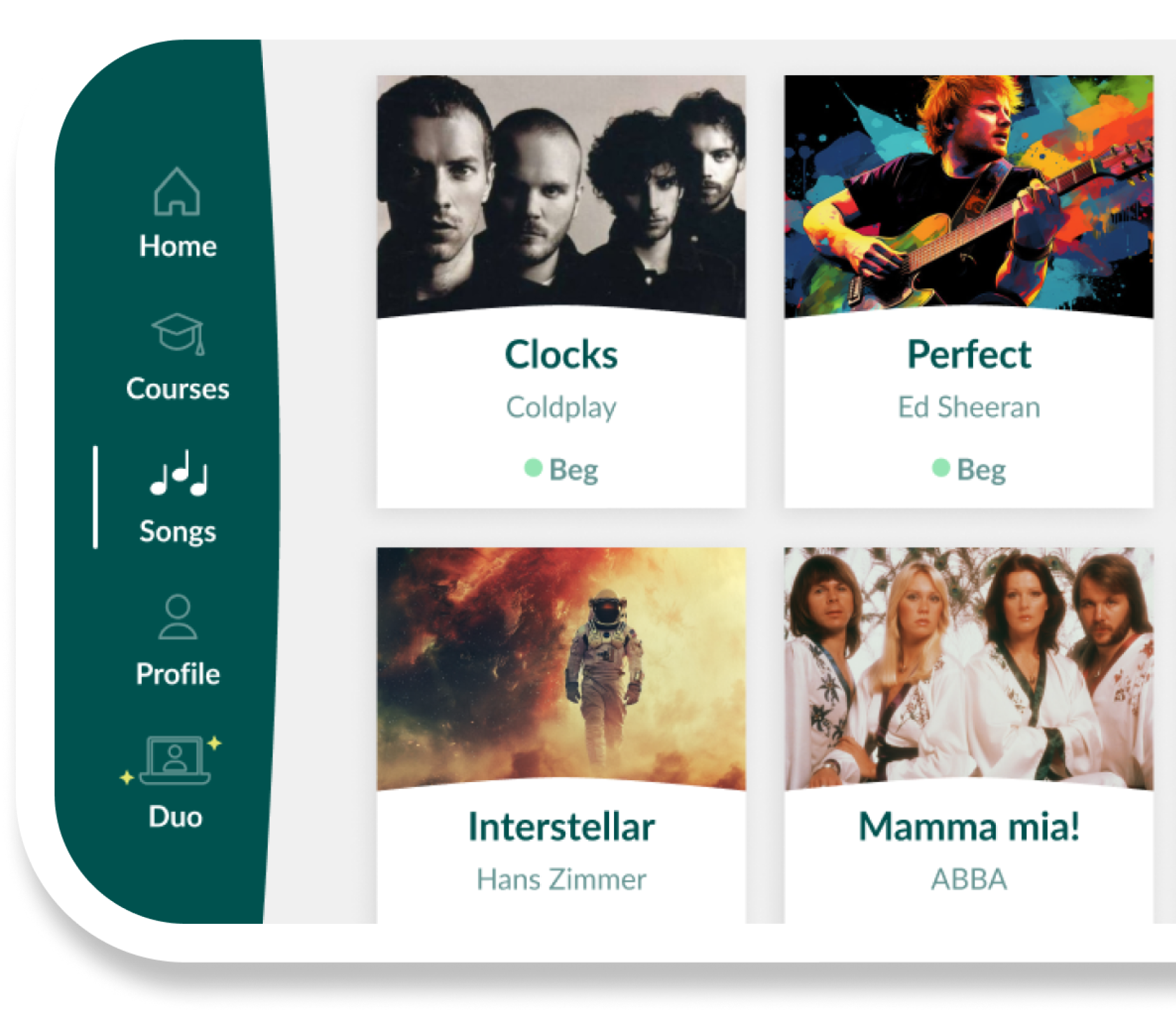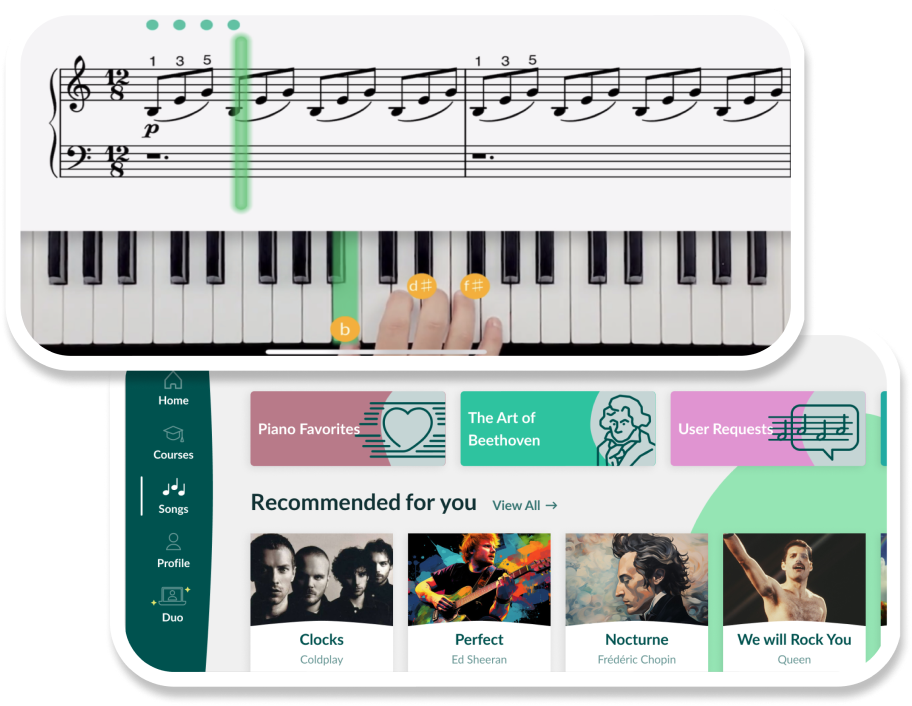Video tutorial
Learn to play piano classics like this step by step. Start a free trial today!
Introduction
“Way Back Home” by Shaun is a popular song released in 2018 that falls under the K-POP genre. Shaun, the composer and artist behind this hit, created a melodious track that resonates with listeners on a nostalgic level. The song carries a sense of longing and the journey to find one’s way back to where they belong after being away for a prolonged period.
The piano arrangement for “Way Back Home” involves a moderate level of skill, making it suitable for intermediate players. To play this piece effectively, pianists should feel comfortable with chord progressions in the key of C major, including C, G, Am, and F. The song features arpeggios and broken chords that contribute to its dreamy and atmospheric sound.
- Fall in love with the music - Learn your favorite songs, at a level suitable for you.
- Enjoy interactive piano lessons - Explore courses covering music theory, technique chords & more.
- Get real-time feedback - Skoove's feedback tells you what went well and what needs practice.
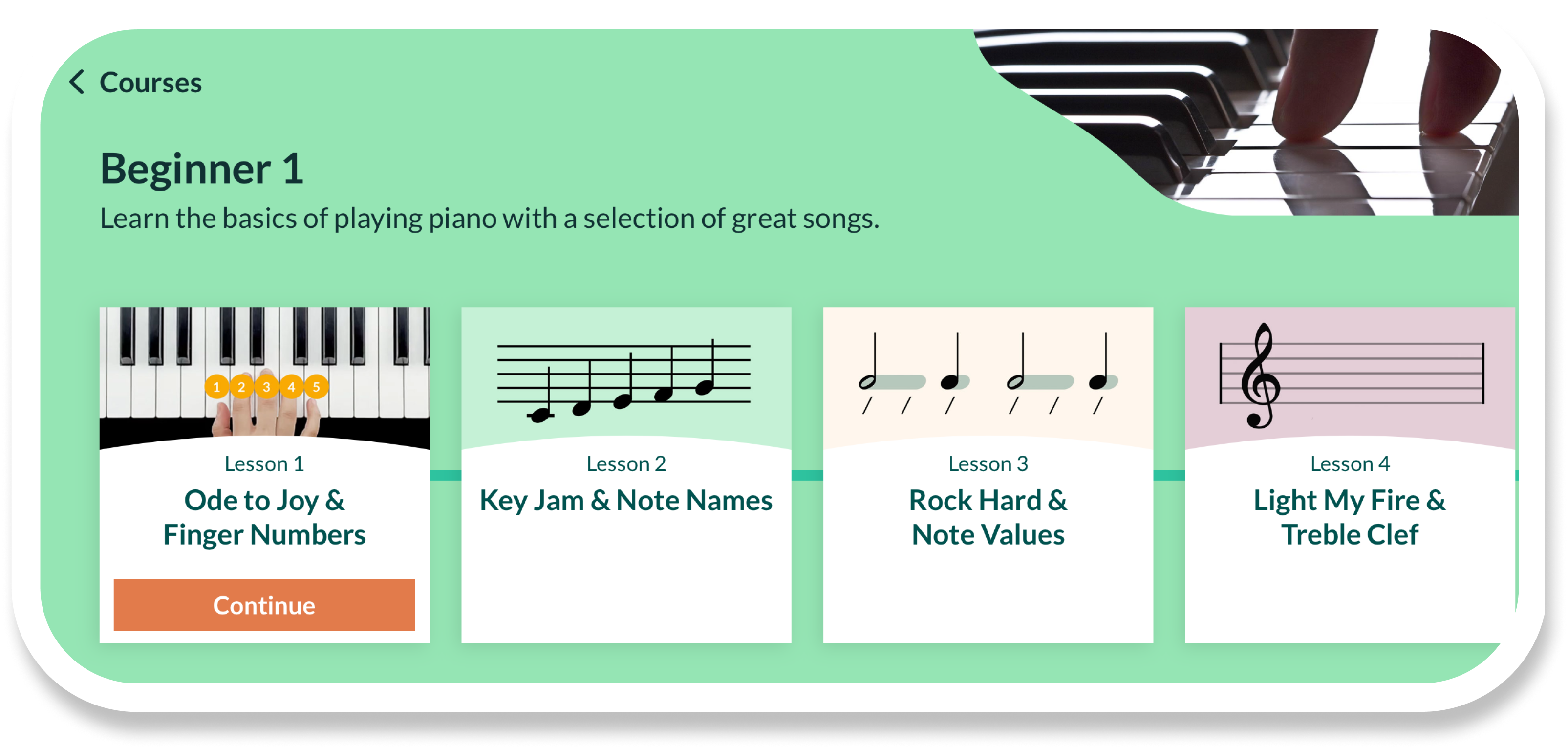
Chords charts
The chords for “Way Back Home” by Shaun are:
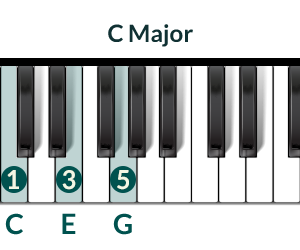
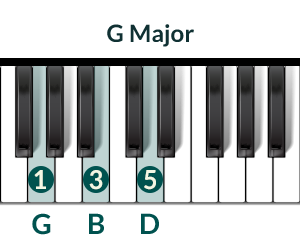
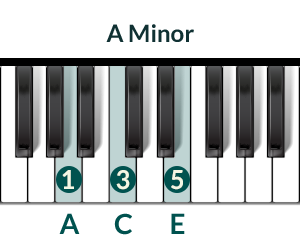
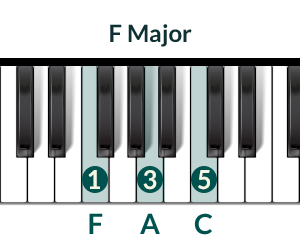
Listen to the song “Way Back Home” by Shaun a couple of times to get a sense of its overall structure and nuances. Take a look at the chord charts and practice playing those chords. Make sure that you’re paying attention to your hand positioning. Try playing the melody in the right hand only initially and get accustomed to it. Now take a look at the accompaniment in the left hand and get more familiar with that part. Once you’ve learned the song for both hands separately, you can try playing hands together. It’s helpful to start slowly and then increase tempo as you get more accustomed to playing both parts simultaneously. You can use the metronome in the Skoove app to help with this.Lesson plan
Step 1: listen to the song
Step 2: practice the “Way Back Home” chords
Step 3: try the tune in the right hand
Step 4: learn the left hand accompaniment
Step 5: play both hands together
1. “Way Back Home” by Shaun was released in 2018 and quickly gained popularity in the K-POP genre. 2. The song’s nostalgic theme resonated with listeners, evoking emotions of longing and homecoming, which contributed to its widespread appeal. 3. Shaun, the composer and singer of the song, incorporated arpeggios and broken chords in the piano arrangement, enhancing the dreamy and atmospheric quality of the music. 4. The chord progression of C – G – Am – F in the key of C major gives the song a catchy and upbeat melody, adding to its feel-good vibe. By following this tutorial on playing “Way Back Home” by Shaun on the piano, learners would have gained experience in playing a piece with a catchy chord progression in the key of C major. The tutorial would have introduced them to playing chords like C, G, Am, and F in a sequence that creates a feel-good atmosphere fitting the nostalgic theme of the song. As you continue to explore and practice playing “Way Back Home,” you will enhance your piano skills, improve your chord transitions, and develop a deeper understanding of playing in different keys and musical styles. Take the next step in your musical journey and sign up for more piano lessons to expand your repertoire, refine your techniques, and enjoy the many benefits of learning to play the piano.Interesting facts
Conclusion
FAQs for “Way Back Home” by Shaun
The chord progression of “Way Back Home” includes C Major, G Major, A Minor, and F Major.
The genre of the song “Way Back Home” is K-POP.
The song “Way Back Home” is classified as having a medium difficulty level for piano players.
“Way Back Home” by Shaun was released in 2018.
The song “Way Back Home” by Shaun uses arpeggios and broken chords to create a dreamy and atmospheric sound on the piano.
Generated by AI with Verified Data Sources
This piano tutorial has been produced using an innovative AI process where we integrate data from respected sources like GetSongbpm API, the YouTube API, OpenAI API, and Perplexity API. Our approach carefully combines these resources to create structured, user-friendly piano learning content.”




